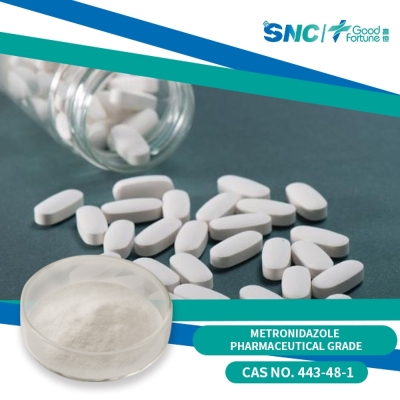-
Categories
-
Pharmaceutical Intermediates
-
Active Pharmaceutical Ingredients
-
Food Additives
- Industrial Coatings
- Agrochemicals
- Dyes and Pigments
- Surfactant
- Flavors and Fragrances
- Chemical Reagents
- Catalyst and Auxiliary
- Natural Products
- Inorganic Chemistry
-
Organic Chemistry
-
Biochemical Engineering
- Analytical Chemistry
-
Cosmetic Ingredient
- Water Treatment Chemical
-
Pharmaceutical Intermediates
Promotion
ECHEMI Mall
Wholesale
Weekly Price
Exhibition
News
-
Trade Service
Tilmicosin phosphate is an antibiotic drug that is used to treat a variety of bacterial infections in animals, particularly in livestock.
It is commonly used to treat respiratory, gastrointestinal, and urogenital infections in cattle, swine, and poultry.
The safety of tilmicosin phosphate has been extensively studied and evaluated by regulatory agencies and scientific research.
In this article, we will discuss the safety of tilmicosin phosphate in the context of the chemical industry.
Tilmicosin phosphate is a semi-synthetic macrolide antibiotic that is derived from the soil bacterium Streptomyces tilanus.
It is synthesized through a chemical process that involves the fermentation of a strain of Streptomyces bacteria.
The final product is a white to off-white powder that is soluble in water and other aqueous solutions.
Tilmicosin phosphate is effective against a wide range of bacterial pathogens, including those that are resistant to other types of antibiotics.
The safety of tilmicosin phosphate has been evaluated by various regulatory agencies, including the US Food and Drug Administration (FDA) and the European Medicines Agency (EMA).
These agencies have reviewed the available scientific data on the safety and efficacy of tilmicosin phosphate and have determined that it is safe for use in animals when used according to the label instructions.
The FDA has approved tilmicosin phosphate for use in cattle, swine, and poultry, while the EMA has approved it for use in poultry.
Scientific studies have also been conducted to evaluate the safety of tilmicosin phosphate.
These studies have included toxicological studies, which involve evaluating the effects of the drug on animals, and pharmacological studies, which involve evaluating the effects of the drug on bacteria.
The results of these studies have shown that tilmicosin phosphate is safe and effective when used at the recommended dosages.
One of the key considerations in evaluating the safety of tilmicosin phosphate is its potential for resistance development.
Resistance refers to the ability of bacteria to survive exposure to an antibiotic and continue to grow and reproduce.
This can lead to the development of antibiotic-resistant strains of bacteria, which can be difficult to treat and may pose a public health risk.
However, studies have shown that tilmicosin phosphate has a low potential for resistance development, which suggests that it can be used safely over an extended period of time.
Another consideration in evaluating the safety of tilmicosin phosphate is its potential for environmental impact.
Tilmicosin phosphate is used in livestock production, which means that it may be present in the manure and waste products of these animals.
There is concern that the use of tilmicosin phosphate may lead to the development of antibiotic-resistant bacteria in the environment, which could potentially impact the health of humans and animals.
However, studies have shown that the use of tilmicosin phosphate at the recommended dosages does not lead to significant environmental impact.
Overall, the safety of tilmicosin phosphate has been extensively evaluated by regulatory agencies and scientific research.
The available data indicates that tilmicosin phosphate is safe and effective when used according to the label instructions.
While there are concerns about the potential for resistance development and environmental impact, these risks can be mitigated through responsible use and proper management practices.







